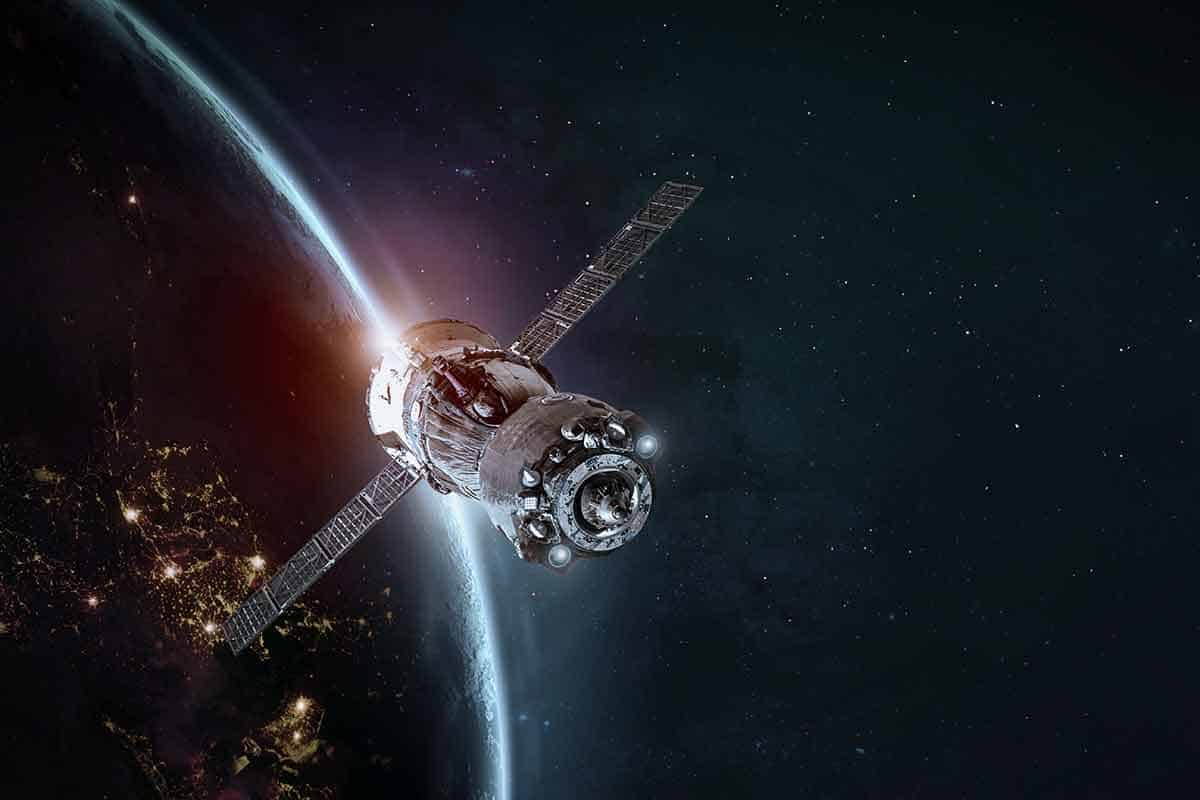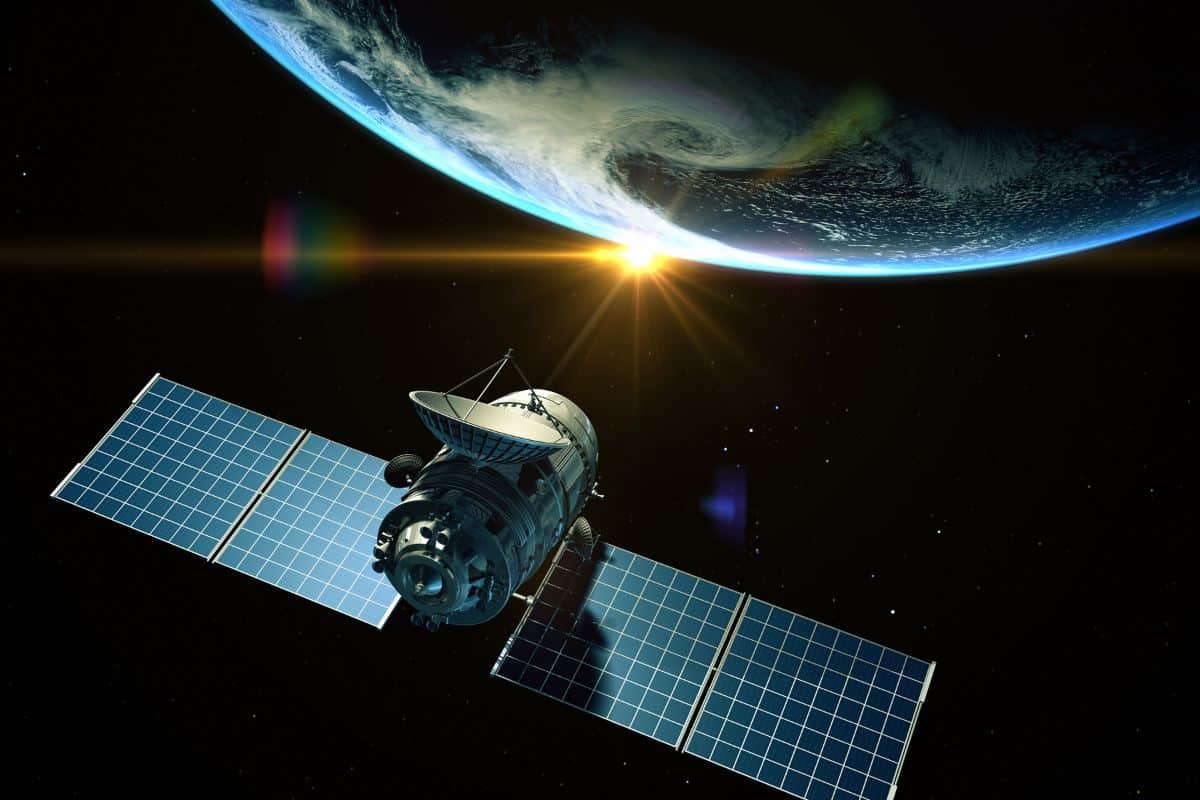Since the launch of its National Space Policy in 2017, the UAE has made monumental strides towards establishing itself as a genuine world leader in the development of a comprehensive space technology ecosystem. It has set itself some ambitious goals, from creating a human settlement on Mars by 2117 to reshaping its global telecommunications infrastructure. And by doing so, it is solidifying its growing reputation as a key player in the ‘new space race’.
Why is space so important to The UAE? As part of its steady transition away from oil and gas, a robust space industry is vital for several reasons. Firstly, it’s an excellent way of driving economic diversification, reducing reliance on oil and gas by fostering a high-tech sector that can spur innovation and create jobs. Secondly, being among the global leaders in space enhances the nation’s global prestige and soft power, while also inspiring future generations in STEM (Science, Technology, Engineering and Maths) fields.
More imminently, space technologies address pressing challenges like food security by enabling advanced agricultural practices through satellite monitoring of crops, soil, and weather, and by managing natural resources efficiently. Space investments also aid in climate change adaptation, a key motivator for a nation looking to decarbonise its own economy. Stronger communications and defence technologies, like photonics, which enables laser communication, are also integral to enhanced global connectivity and national security in a time of immense geopolitical instability.
In short, the UAE’s emphasis on space exploration is a two-pronged strategic move to both secure a slice of the burgeoning space market and tackle critical and shared national challenges.
The UAE is not the only country prioritising space. Many nations are doing it as part of their national strategy. But that doesn’t mean all countries are in the same position with regard to developing their space sectors. Some markets are significantly stronger than others in terms of scaling capacities, for instance, whereas others boast more mature ecosystems for innovation.

A near-perfect example of these differences can be seen if we compare Europe to the UAE. Both can legitimately be called world leaders in what they do in space, but they’re nonetheless located at opposite ends of the space sector continuum. An underexplored notion to date is the potential synergy between both regions – in other words, how they might collaborate for mutual benefit. Together, they have enormous untapped potential.
Europe’s fragmentation and simultaneous homogeneity and heterogeneity has made it a powerhouse of innovation, and today it has unrivalled expertise in developing cutting-edge space technologies, exemplified by the extraordinary advances it has made in fields like satellite communications, photonics, and Earth Observation. It’s also a key supplier of the ‘nuts and bolts’ of the space sector.
UAE’s space ambitions
Yet the UAE boasts a remarkable ability to scale space infrastructure and its National Space Policy has already shown its enormous efficacy. Government-backed accelerators like Hub 71, which fosters international collaboration at the level of emerging technology, are excellent indicators of the UAE’s commitment to cultivating and scaling solutions to the challenges it seeks to solve – food security, drought, the warming planet, geopolitical instability – all of which have a stake in space.
One recent manifestation of the UAE’s forward-thinking mentality and ambition was the deployment of the first Quantum Optical Ground Station in the Arab world – ADQOGS – in Abu Dhabi. This optical ground station will enable significant developments in the field of photonics, the application of light (photons) and its interaction with matter. It also represents a step towards building out a laser infrastructure for communications and defence purposes.
However, the success of its deployment depends, in large part, on its finding a steady stream of commercial partners with deep experience in this highly specialised field.
With Europe leading the way in photonics capabilities, and startups emerging out of world-leading academic institutions from Cambridge and Zurich to Ile de-France and Delf, the region is an ideal supplier to the UAE of industry experts and innovators able to ‘plug in’ to the nation’s existing and growing space infrastructure, furthering its own domestic and international objectives.

A partnership between the UAE and Europe would also provide European companies, who are struggling to raise funds, with the ability to commercially scale their operations – something chronically lacking in European domestic markets due to poor investor appetite.
What is true of photonics is also true of Earth Observation, which is proving to be essential in the development of a transparent, accurate and real-time source of climate data ranging from carbon and methane emissions to deforestation rates and the spread of wildfires.
Europe’s space industry boasts the most advanced Earth observation platforms – platforms which process terabytes of satellite imagery using AI to report on various ‘vital-sign’ indicators of the planet. This can be attributed largely to its proactive stance on climate change and the role of space as a medium for growing ESG awareness and ensuring compliance.
The application of Earth observation tools to the food security and agricultural sectors are already being probed in depth within Europe’s space ecosystem but companies operating in this domain will similarly face a lack of funding available to them, forcing them to move into foreign markets, with the US being a primary target.
Given that the UAE offers a similarly robust scaling infrastructure, has governmental support and stands to benefit hugely from European space technologies both in terms of its national objectives and its long-term goal of leading the charge into deep space, a closer relationship between both markets is extremely attractive.
There’s a real opportunity here. Both Europe and the UAE host some of the greatest minds in global space. European companies can benefit hugely from the space infrastructure the UAE has managed to develop; the UAE can benefit from access to enormous deeptech expertise and innovative spirit. And together, they can take on – and solve – some of the biggest challenges facing us today.











